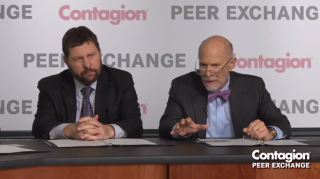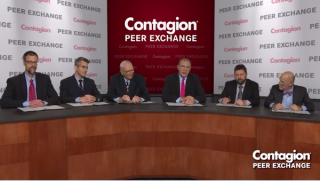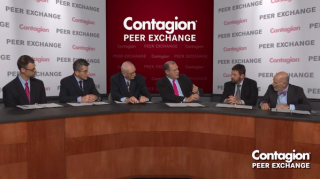
Gastrointestinal Infections
Latest News
Latest Videos

CME Content
More News

Dale N. Gerding, MD, discusses bezlotoxumab and its use for preventing recurrent C diff infections.

Stay up-to-date on the latest infectious disease news by checking out our top 5 articles of the week.

During a multidrug-resistant Campylobacter outbreak, 142 puppies were identified as receiving 1 or more antibiotic courses before arriving or while at the store.

The Ministry of Health and Child Care of Zimbabwe has declared a cholera outbreak after over 1,900 suspected cases have been reported.

Barbara Wells Trautner, MD, PhD, explains how overtreating asymptomatic bacteriuria can lead to antibiotic resistance or incorrect diagnoses.

A new study is the first to identify eosinophil counts as a predictor of outcomes in human patients.
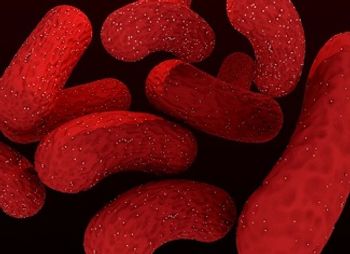
The conventional approach to fighting resistant E coli infections typically involves the use of no more than 2 antibiotics; however, combining as many as 5 may be the trick to fighting these infections.

Investigators have found that a strain of E coli found in retail poultry products can cause a wide range of infections in people.

New practical advice for the treatment of C difficile from SHEA advises against routine testing in NICU patients with diarrhea.

Nimish Patel, PharmD, PhD, discusses the updates to CDI management guidelines and the role of the pharmacists in providing education to physicians.

A new review examines previous studies and concludes that healthcare professionals could benefit from sensitivity training when dealing with patients who have HAIs.

Candidemia is a significant risk factor for C difficile infection in hospital patients.

Barbara Wells Trautner, MD, PhD, discusses finding alternatives to fluoroquinolones and facilitating patient communication to improve outcomes.

Stay up-to-date on the latest infectious disease news by checking out our top 5 articles of the week.

NIH researchers discovered that norovirus and rotavirus can be transmitted through cloaked viral clusters which exacerbate the spread and severity of disease.
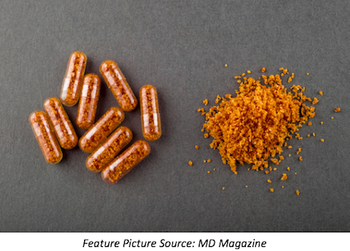
Fecal microbiota transplantation (FMT) is a widely accepted, safe, and effective treatment for recurrent Clostridium diffi­cile infection (rCDI), but does the cure endure?

Fidaxomicin and vancomycin are effective first-line therapies for Clostridium difficile, yet fidaxomicin may be more effective for achieving sustained symptomatic cure.

Alternative agents are often broader spectrum than ß-lactams, subjecting patients to collateral damage and subsequent selection for resistant organisms and Clostridium difficile.

The updated guidelines recommend targeting those with active infection and avoiding treatment of “carriers” of C difficile who are colonized but not symptomatic.
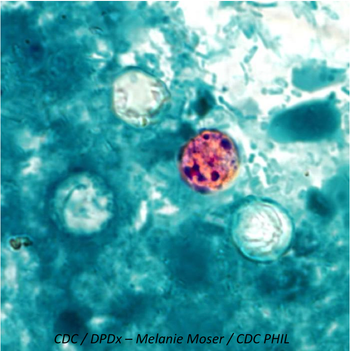
The CDC and FDA are investigating a multistate outbreak of Cyclospora linked with vegetable trays produced by Del Monte Fresh Produce.

Stay up-to-date on the latest infectious disease news by checking out our top 5 articles of the week.

Sixty-nine out of the 70 colistin-resistant isolates had either mcr-1 and/or mcr-3 genes.

McGill University researchers find that infection with C difficile might more likely be linked to infected than colonized donors.

The California Department of Public Health warns consumers to avoid the consumption of raw oysters harvested in British Columbia due to risk of contamination.

A newly identified porcine virus has been found to be able to get into human cells in the laboratory setting.







